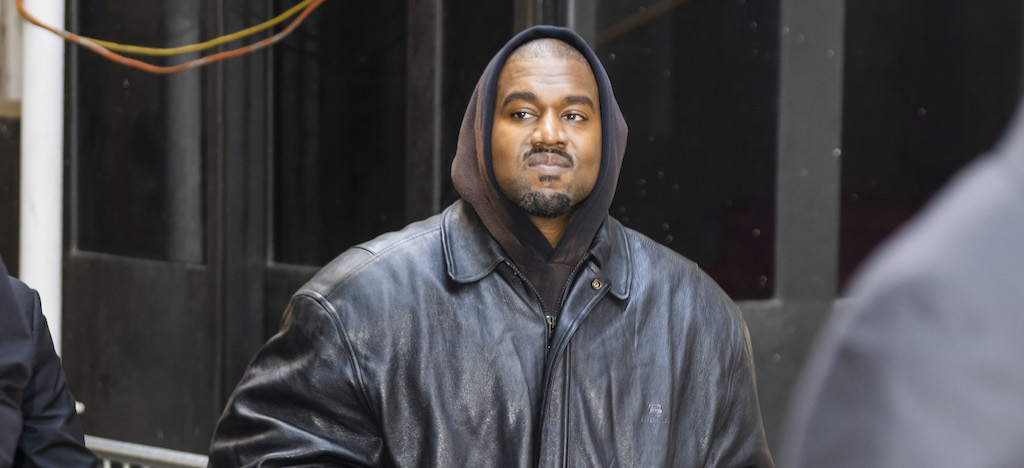Earlier this week, Billboard reported that representatives for Kanye West had been shopping his publishing catalog to potential buyers, hoping to join the growing trend of artists selling highly coveted and massively profitable publishing rights. However, upon catching wind of the article, the irascible producer adamantly refuted claims that these inquiries had been made on his behalf in the usual Kanye West way.
Posting on his Instagram Story, Kanye wrote: “JUST LIKE TAYLOR SWIFT, MY PUBLISHING IS BEING PUT UP FOR SALE WITHOUT MY KNOWLEDGE. NOT FOR SALE.” In another slide, he shared a screenshot of a text exchange with someone, asking them to check with Gee Roberson, former VP of A&R at Roc-A-Fella Records and current Co-CEO of The Blueprint Group management company. In response, Gee allegedly replied, “Fake news. Of course, every publisher wants to pitch there [sic] hardest buy. Smh.”
Kanye West makes it clear he's not behind the sale of his music catalog:
“JUST LIKE TAYLOR SWIFT, MY PUBLISHING IS BEING PUT UP FOR SALE WITHOUT MY KNOWLEDGE”
🔗: https://t.co/y6IYRamMXZ pic.twitter.com/rdsuIGRbf0
— Pop Crave (@PopCrave) September 20, 2022
Over the past few years, Kanye has grown increasingly vocal about his displeasure with his label situation. In 2021, he claimed the label released his album Donda without his permission, and throughout the past few years, he has taken legal actions against EMI and Universal while arguing that contract terms should be made public (of course, this backfired on him a bit when he posted his own contract revisions, one page at a time, on Twitter, revealing that he might be his own worst enemy in this regard).
Other artists who’ve sold their publishing catalogs include Bob Dylan, Future, John Legend, and Sting. However, sale of Kanye’s catalog may be more complex, as ownership appears to be split among several entities including Sony Music Publishing and his latter-day output contains dozens of collaborators. Meanwhile, the report says sources are conflicted about whether the rights have actually been offered or whether music asset buyers are just expressing interest in purchasing it.







